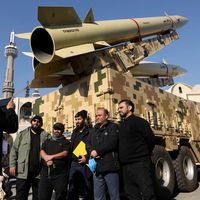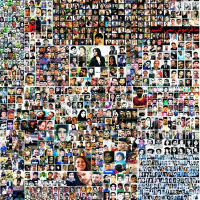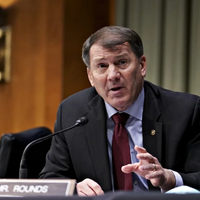Unrest in Iran's historic heart of commerce reflects the bleak outlook of the country as it faces dire economic straits. In 1979, protests in the bazaar heralded the onset of the Islamic Revolution which toppled Iran's monarch.
The strike, which began with shoe sellers in the 15th Khordad area, quickly spread to other sectors.
Videos shared with Iran International show merchants in the bazaar chanting “Don’t be afraid, close up,” and “Brave merchants, support, support".
A fabric merchant who joined the protest cited the impact of surging raw material costs, exacerbated by the devaluation of Iran’s currency.
“With the dollar now above 810,000 rials, our expenses have skyrocketed,” the merchant said. “Many workshops have shut down, and even those still running are struggling to sell goods in such a sluggish market.”
The protests soon expanded to key commercial hubs, including Abbasabad Market and Baghe Sepahsalar, known for fabric and shoe vendors.
Hamidreza Rastgar, head of Tehran’s Chamber of Guilds, acknowledged the discontent among manufacturers.
"Producers fear that items priced at these exchange rates will simply be out of reach for most consumers,” he said.
The Iranian rial’s sharp depreciation has had ripple effects across the economy. For merchants, it has created an untenable mix of higher costs and reduced consumer demand as at least one third of Iran is now living below the poverty line.
Security forces were deployed to control the demonstrations and gatherings appeared to have subsided by the end of the day.
There were no immediate reports of violence, but the heavy presence of law enforcement forces highlighted the Islamic Republic's sensitivity to unrest in this economically vital area.
Iran's economy is in its worst state since the founding of the Islamic Republic in 1979, with US-led sanctions over its nuclear program, support for militant groups and arms transfers for Russia's war on Ukraine squeezing the country.











